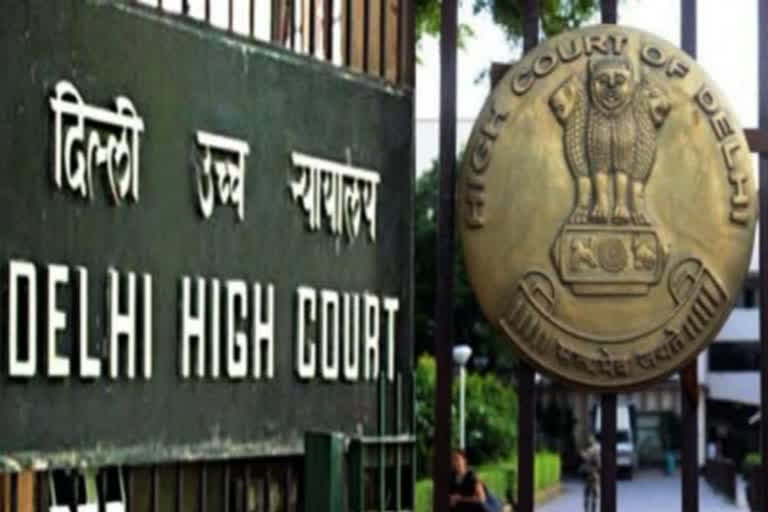New Delhi: The Centre has opposed a petition filed before the Delhi High Court assailing certain provisions of the surrogacy law, saying the Assisted Reproductive Technology (Regulation) Act, 2021 and the Surrogacy (Regulation) Act, 2021 were enacted following due procedure, with an intention to restrict the commercialisation of embryos and new-born children.
In an affidavit, the Centre has said the law was passed by Parliament after receiving comments from all the stakeholders and the provisions challenged by the petitioners regulate the procedure of assisted reproductive technology (ART) and surrogacy, which, if diluted, would defeat the whole purpose of the law.
"Both Surrogacy (Regulation) Act, 2021 and Assisted Reproductive Technology (Regulation) Act, 2021 have been enacted after following due prescribed procedure as per law. Hence, there are no comments. The provisions challenged by the petitioners in the writ petition are to regulate the procedure of the ART and surrogacy. If these clauses are diluted, the whole purpose of both the Acts shall be defeated," read the counter-affidavit filed by the Ministry of Health and Family Welfare.
"Both the Acts are enacted so that the procedures followed in the ART and surrogacy can be regulated in an appropriate manner, as per rules and regulations, with an intention to restrict sale/purchase/commercialisation etc. of embryos/gametes/new born child etc.," it added.
The petitioners -- Karan Balraj Mehta, an unmarried man, and Dr Pankhuri Chandra, a married woman and a mother of one -- have challenged several provisions of the surrogacy law, including the exclusion of a single man and a married woman having a child from the benefit of surrogacy as a reproductive choice and the requirement of the exercise being an altruistic surrogacy only.
The petitioners have contended that they stand ousted from availing the benefit of surrogacy as a reproductive choice, which is discriminatory and in violation of articles 14 and 21 of the Constitution. The Centre, in its reply, said the Acts are not ultra vires articles 14 and 21, and there is no violation of the fundamental rights of the petitioners.
"The petition filed by the petitioners is devoid of any merits and is required to be dismissed in the interest of justice," the counter-affidavit filed by the Centre read. The petition, filed through lawyer Aditya Samaddar, has challenged the constitutionality of sections 2(e), 14(2), 21, 27(3) and 31(1) of the Assisted Reproductive Technology (Regulation) Act, 2021 and sections 2(h), 2(s), 2(r), 2(zd), 2(zg), 4(ii)(a), 4(ii)(b), 4(iii), 4(II)(C), 8 and 38(1)(a) of the Surrogacy (Regulation) Act, 2021.
The provisions pertain to the regulation of surrogacy and surrogacy procedures. In their plea, the petitioners have stated that commercial surrogacy is the only option available to them, but the "ban on commercial surrogacy robs them of the option".
"The personal decision of a single person about the birth of a baby through surrogacy, that is, the right of reproductive autonomy is a facet of the right to privacy guaranteed under Article 21 of the Constitution. Thus, the right to privacy of every citizen or person to be free from unwarranted governmental intrusion into matters fundamentally affecting a decision to bear or beget a child through surrogacy cannot be taken away," the petition says.
It argues that the eligibility criteria to maximise the chances of finding the best surrogate mother would be any healthy woman above the age of majority and "the needless conditions of being genetically related, of a particular age, married and already having at least one child only constrict the universe of available candidates who may otherwise become healthy surrogate mothers". (PTI)
(This story has not been edited by ETV Bharat and is auto-generated from a syndicated feed.)



